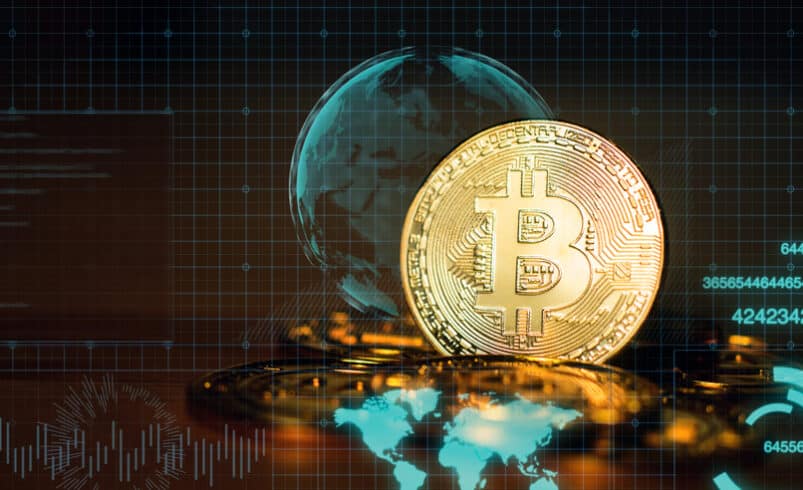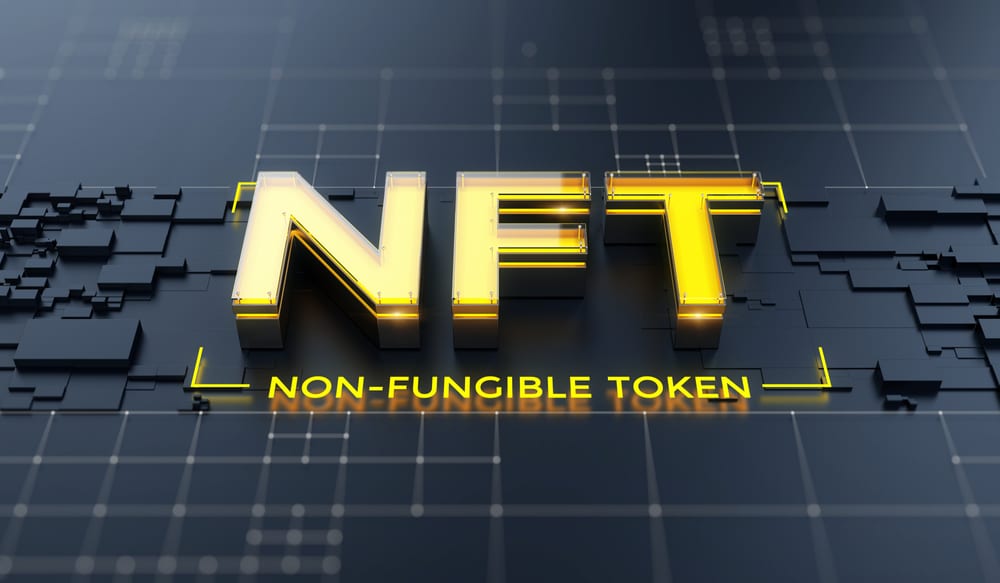US Treasury Urges Collaboration with NFT Developers to Combat Fraud

Key Insights:
- U.S. Treasury identifies NFTs as highly susceptible to fraud and scams, urging better internal controls on platforms to prevent illicit activities.
- Collaboration between the government and NFT developers is recommended to foster innovation and enhance security within the NFT ecosystem.
- Increased consumer education about NFT rights and risks is crucial to mitigate vulnerabilities and rebuild trust in the market.
The U.S. Department of the Treasury has released its first comprehensive report on non-fungible tokens (NFTs), focusing on the sector’s susceptibility to fraud, scams, and theft.
Despite identifying these risks, the Treasury avoids calling for a ban or increased regulatory powers. Instead, it recommends proactive collaboration between the government and NFT developers to address the issues.
The Treasury’s report, titled “Illicit Finance Risk Assessment of Non-Fungible Tokens (NFTs),” published on May 29, 2024, outlines how NFTs and their platforms can be exploited for illicit activities, such as money laundering and sanctions evasion. The report points out that NFTs are particularly attractive to fraudsters, who can use them to launder money and sell or trade stolen assets without adequate internal controls to identify users.
According to the report, many NFT platforms lack appropriate measures to verify user identities or track transactions, making it easier for criminals to move illicitly acquired NFTs quickly and anonymously. The absence of these controls poses a significant challenge in preventing and detecting fraudulent activities within the NFT ecosystem.
Copyright and Trademark Violations
Another concern highlighted in the report is the violation of copyright and trademark protections within the NFT market. Criminals often use recognizable brands to market NFTs, leading to inflated prices and deceiving consumers. The Treasury notes that this type of intellectual property infringement undermines consumer trust and causes substantial financial losses.
The report emphasizes the need for NFT platforms to implement stricter controls to protect against such violations. It also suggests that increased consumer awareness and education about their rights regarding NFTs could help mitigate these risks.
The Treasury’s report offers several recommendations to address the identified threats and vulnerabilities. These include using industry tools, law enforcement authorities, and public announcements to combat illicit finance risks associated with NFTs. The public nature of most blockchains and existing regulations and requirements for industry participants are also valuable in mitigating these risks.
A key recommendation is for the U.S. government to engage more with NFT developers and other industry stakeholders. The report suggests that government authorities should seek guidance on NFT-specific regulations and increase outreach to encourage compliance within the private sector. By promoting innovation to mitigate risks, the Treasury believes that a collaborative approach can help address the challenges within the NFT ecosystem.
Educating Consumers and Promoting Innovation
The Treasury also calls for efforts to educate consumers about the rights associated with NFTs. Many consumers are unaware of the potential risks and the protections available, making them vulnerable to scams and fraudulent schemes. The report advocates for increased public awareness campaigns and educational initiatives to inform consumers about the nature of NFTs and their legal implications.
Moreover, the Treasury encourages the development of innovative solutions to address the vulnerabilities in the NFT market. By working closely with developers, the government can help foster technologies and practices that enhance security and transparency within the sector. This collaborative effort aims to create a more robust and trustworthy NFT ecosystem.
NFT Fraud Cases and Market Impact
The rapid growth of the NFT market has made it a target for scammers. In 2022, trading volumes soared to nearly $13 billion, providing ample opportunities for fraudulent activities. The report cites several high-profile cases, such as the Mutant Ape Planet NFT scam, where creators defrauded buyers out of over $2.9 million by falsely promising rewards and benefits.
These cases highlight the sophisticated nature of NFT scams and the need for better protective measures. The Treasury’s report comes when the NFT market struggles with a reputation for being synonymous with scams. However, the proposed collaborative approach could pave the way for the market to mature and regain consumer trust.
DISCLAIMER: It's essential to understand that the articles on this site are not meant to serve as, nor should it be construed as, advice in legal, tax, investment, financial, or any other professional context. You should only invest an amount that you are prepared to lose, and it's advisable to consult with an independent financial expert if you're uncertain. To obtain more information, kindly examine the terms of service and the assistance and support resources made available by the issuing or advertising entity. Our website is committed to delivering accurate and unbiased news, yet it's important to note that market conditions may change rapidly. Also, be aware that some (but not all) articles on our site are compensated or sponsored.








